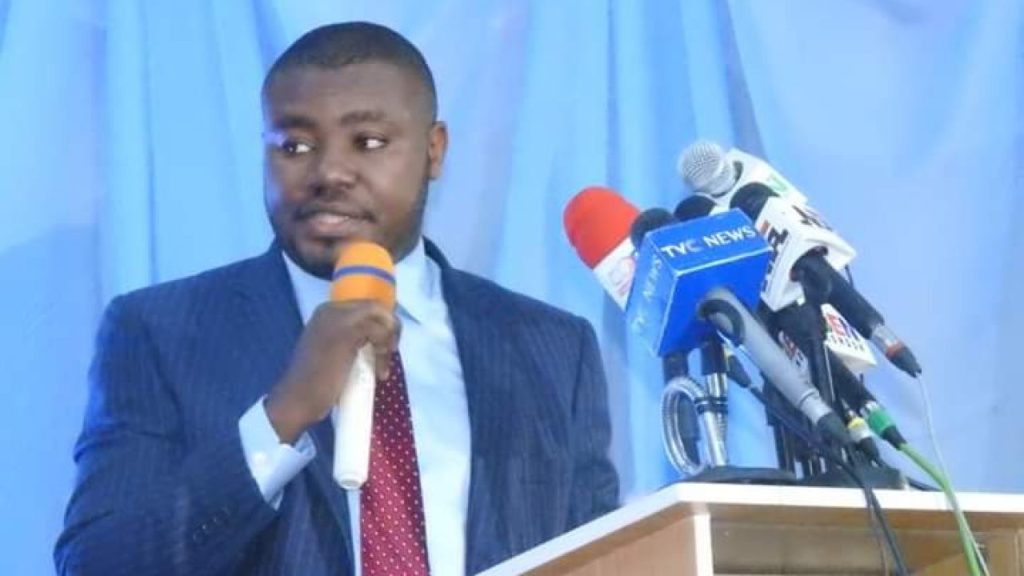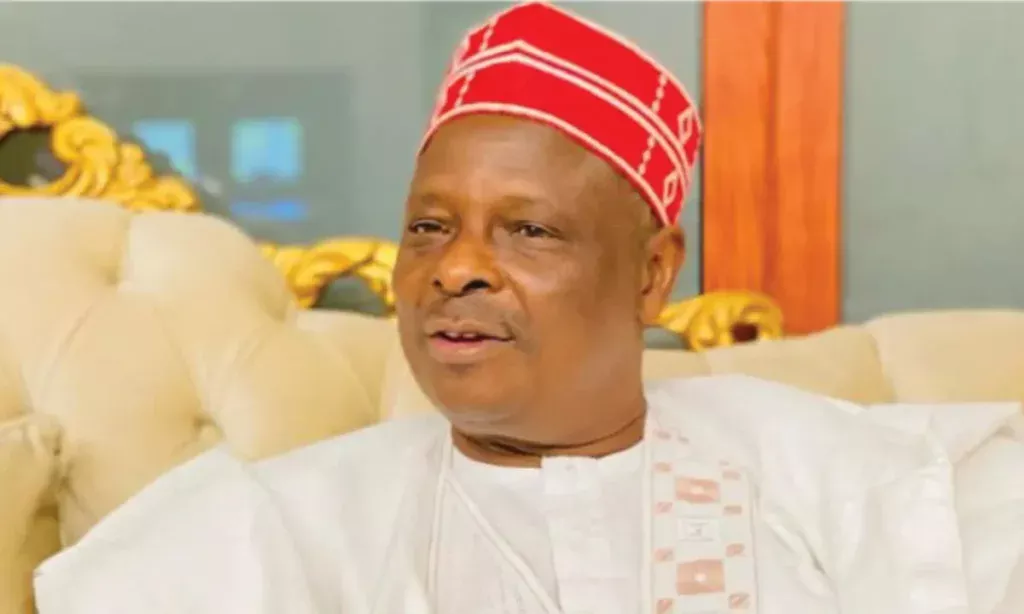The Nigerian government has officially granted approval to Electricity Distribution Companies (DisCos) in the country to directly procure electricity from power generation companies (GenCos). This significant development was revealed in the 2024 Multi-year Tariff Order (MYTO) recently issued by the Nigerian Electricity Regulatory Commission (NERC) to the 11 DisCos operating in the nation.
Under the new dispensation, DisCos have been empowered to engage in bilateral contracts with GenCos for the procurement of electricity. NERC emphasized that the revision to the DisCos’ partially contracted capacity (PCC) is aimed at ensuring a minimum energy offtake starting from January 1, 2024. This year, the minimum energy offtake requirement for the 11 DisCos has been set at 4,063 megawatt-hours per hour (MWh/h).
Furthermore, the regulator mandated the DisCos to establish adequate bilateral contracts to facilitate their smooth transition from the Nigerian Bulk Electricity Trading Plc’s (NBET) vesting contract regime. It has been clarified that through these bilateral contracts, DisCos are expected to mitigate their exposure to volumetric energy risks and will not be entitled to claim revenue shortfalls resulting from generation shortfalls, effective January 2024.
This move marks a significant transition from the existing structure wherein the NBET served as the central intermediary between generation companies and DisCos. The NBET traditionally purchased electricity in bulk from generation companies through power purchase agreements and subsequently sold it to the DisCos via vesting contracts. With this new directive, the era of the NBET’s predominant role in the electricity market is expected to come to an end.
In response to this development, Ayodele Oni, an energy law expert and partner at Bloomfield Law Practice, expressed his insights, stating, “With the just released 2024 Multi-Year Tariff Order for each DisCo, it would appear that DisCos are now generally allowed to procure bilateral power from generation companies, directly. This is in preparation for the transition of the bulk trader, NBET.”
It’s important to note that under the partial activation of contract (PAC) regime, DisCos will bear take-or-pay obligations on their Partially Contracted Capacity (PCC), implying that they are obligated to pay for available capacity regardless of their actual offtake.
This decision by the Nigerian government marks a significant shift in the country’s electricity market structure, introducing a new era of autonomy for DisCos in directly sourcing electricity. It is poised to have far-reaching implications, impacting the dynamics of the electricity supply chain and fostering a more robust, adaptable energy ecosystem.



